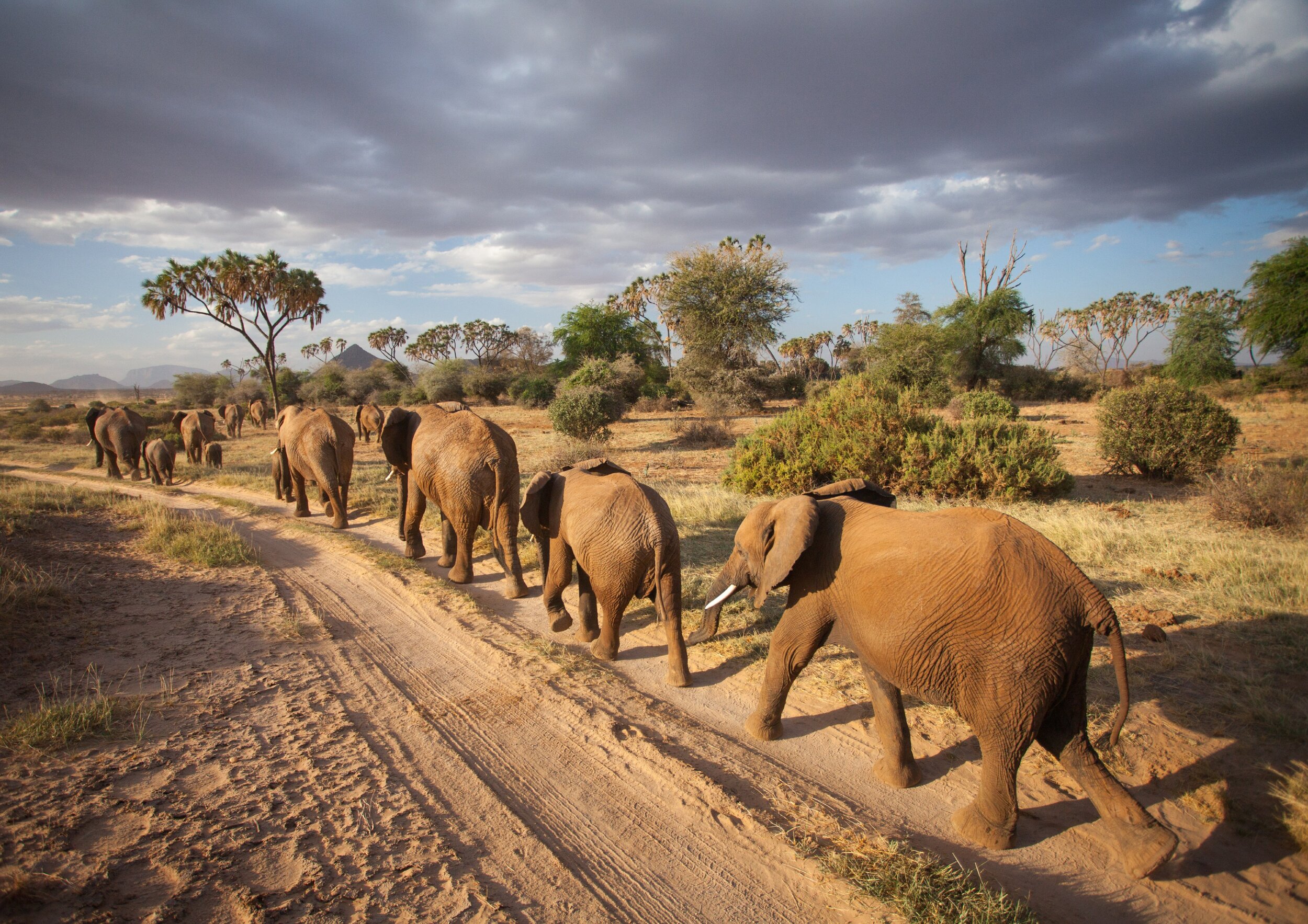
conservation science
Understanding how both people and nature share natural spaces is essential to ensuring effective conservation interventions. We use research to not only ask critical questions about the conservation challenges we are addressing through our programmes but also monitor the impact we are having as a result.
The better we understand the complexity of the problems, the more effective we are in finding solutions and deepening our impact. From the data we collect, we are able to highlight trends that allow us to inform policy and mitigation methods at a very local as well as national level. This can vary from recommending the implementation of electric fences to protect farmer crops from raiding elephants to advising governments on national policies such as human-elephant conflict mitigation. No case is the same and we consistently review and adapt our approach based on the information our conservation science team collects and analyses.
How do we do this?
Impact
We have assisted in the deployment and monitoring of a total of 61 elephants - 55 of these in Laikipia in Kenya and five in Angola.
From January 2020 - March 2021, we were able to record a total of 655,655km walked by 11 collared elephants. This provides us with information on how elephants engage with the landscapes around them, their migration habits, their food resources and their behaviours with one another as well as people.
Building the world’s longest and most in-depth datasets on human-elephant conflict, for Laikipia including the identity of individual known crop-raiding and fence-breaking elephants.
Publications
Key publications authored and co-authored by various members of our team:
2021 - ‘Moving through the mosaic: identifying critical linkage zones for large herbivores across a multiple‐use African landscape’ in Landscape Ecology;
2019 - ‘Building a wildlife economy paper: ‘Developing nature based tourism in African state protected areas’;
2018 - “Elephants as actors in the political ecology of human–elephant conflict” the top 5 most downloaded paper in Transactions of the Institute of British Geographers;
2017 - 2019 - ‘A human-elephant conflict strategy for Gabon”;
2016 - “An assessment of human-elephant conflict for the Greater Amboseli Ecosystem”;
2016 - “Fencing elephants: The hidden politics of wildlife fencing in Laikipia, Kenya” in Land Use Policy.
'Space for Giants' has done pioneering research in the way elephants move through landscapes that they share with local people. Their studies on the effectiveness and politics of electric fences, and the ways in which elephants respond to them, has made a major contribution to tackling the problem of crop raiding and reducing human-elephant conflict’.
~ BILL ADAMS, Emeritus Chair of Conservation and Development, University of Cambridge


